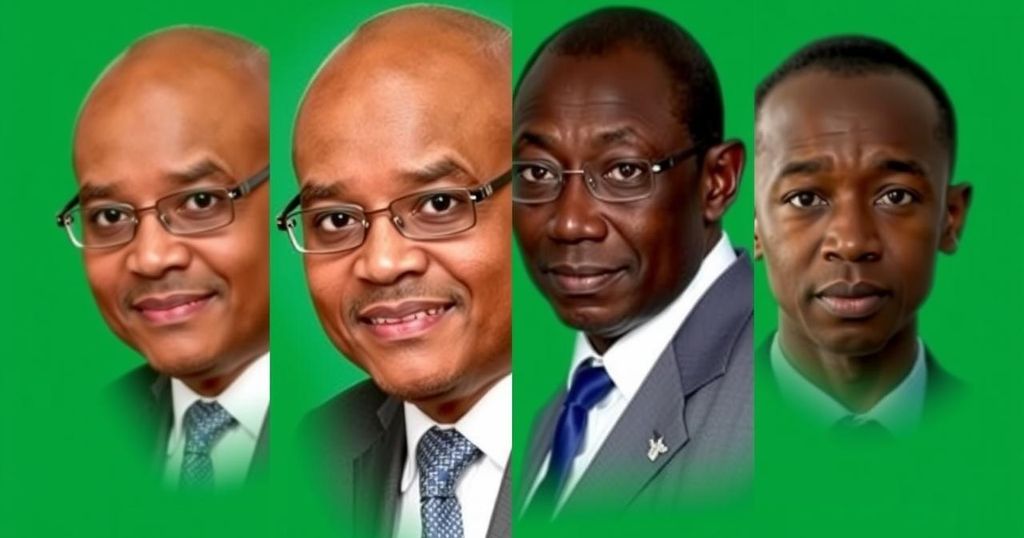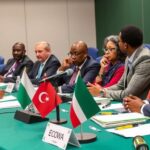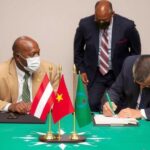Politics
ABUJA, AFRICA, ASIA, BASSIROU DIOMAYE FAYE, BUKINA FASO, BURKINA FASO, CHINA, COUP, ECONOMIC COMMUNITY OF WEST AFRICAN STATES, ECONOMIC INTEGRATION, ECOWAS, ECOWAS COMMISSION, ECOWAS MEDIATION TEAM, FOR, HIS EXCELLENCY FAURE GNASSINGBÉ, JAPAN, MALI, MILITARY COUP, MOROCCO, NIGER, NIGER REPUBLIC, NIGERIA, NORTH AMERICA, OMAR TOURAY, REGIONAL COOPERATION, REPUBLIC, REPUBLIC OF MALI, REPUBLIC OF NIGER, REPUBLIC OF SENEGAL, SAHEL, SENEGAL, TOGO, TOGOLESE REPUBLIC, UNITED STATES, WEST AFRICA
Sophia Klein
ECOWAS Confirms Transition Period for Sahel Nations’ Exit from Bloc
ECOWAS has confirmed that Mali, Burkina Faso, and Niger will formally exit the bloc by January 2025. A six-month transition period will allow for negotiations aimed at possible re-admittance. This decision underscores the recognition of each country’s sovereignty in accordance with ECOWAS treaties and seeks to maintain diplomatic dialogue during the transition.
In a significant decision issued at the conclusion of the 66th Ordinary Session of the ECOWAS Authority of Heads of State and Government held in Abuja, it has been announced that Mali, Burkina Faso, and Niger Republic will formally withdraw from the Economic Community of West African States (ECOWAS) by January 2025. President Omar Touray of the ECOWAS Commission confirmed that a six-month transition period, commencing on January 29, 2025, will allow for ongoing negotiations with representatives from Senegal and Togo. This transition period aims to facilitate the countries’ potential re-admittance, should they choose to return to ECOWAS.
The announcement recognizes each country’s sovereignty as per Article 91 of the revised ECOWAS treaties. During the transition, the authority encourages continued diplomatic discussions to strengthen relations and possibly encourage re-entry into the bloc. Future meetings will be convened to evaluate the modalities of separation, covering both political and economic dimensions in the context of the departure.
The decision arises amidst growing tensions and political changes in the Sahel region, where these three nations have expressed grievances against ECOWAS directives following recent coups. The evolving geopolitical dynamics have prompted authorities to seek a path that acknowledges their sovereignty while establishing a framework for potential reconciliation and regional stability. The involvement of Senegal and Togo in mediation highlights ECOWAS’s commitment to dialogue, aiming to address underlying conflicts that have led to this drastic step by the member states.
In summary, the planned exit of Mali, Burkina Faso, and Niger from ECOWAS marks a pivotal moment for regional cooperation and diplomacy in West Africa. The established transition period reflects an intent to keep lines of communication open while respecting the member states’ sovereignty. This situation calls for continued engagement from ECOWAS and related stakeholders to foster dialogue and potentially reverse the withdrawal, ensuring stability in the Sahel region.
Original Source: www.thenigerianvoice.com








Post Comment